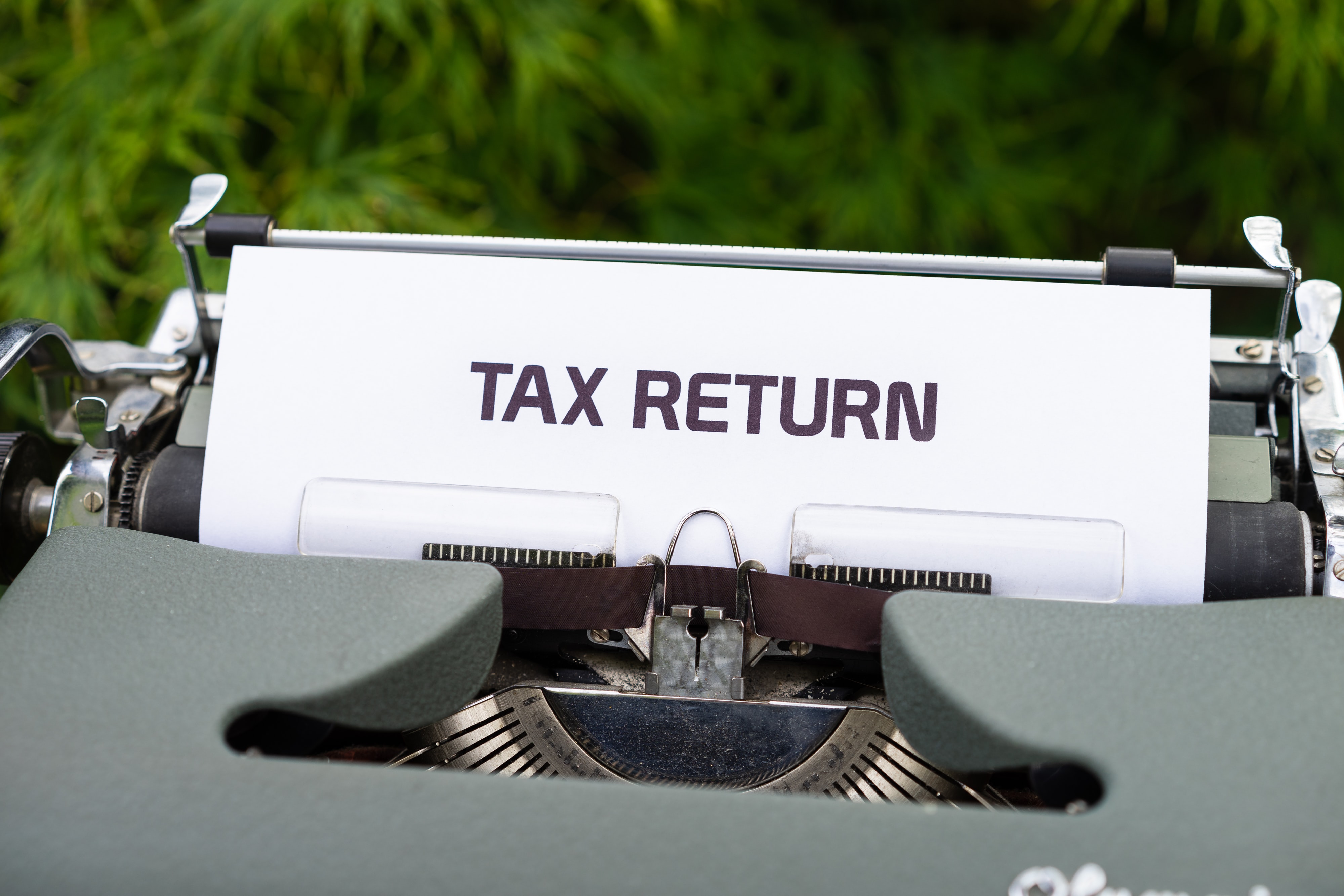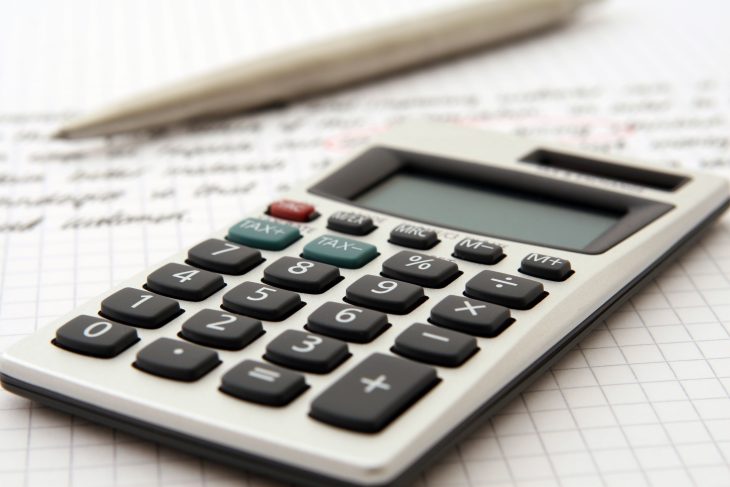With the deadline for Self-Assessment approaching, it’s important to know both how to make your payments, and when to pay them.
What is Self-Assessment?
The self-assessment allows HMRC to collect income tax. Untaxed income must be included on a self-assessment. It will cover a tax year. Tax years run from 6th April to 5th April in the following year.
Who Needs to Complete a Self-Assessment?
You will need to complete a self-assessment if you have income that needs to be taxed. Examples of individuals who need to submit a tax return include:
- Those with untaxed income.
- Sole traders who have earned more than £1,000 during the tax year.
- Directors who have drawn dividends during the tax year.
- Those receiving income from rental properties.
- Those with a taxable income of over £150,000.
- Those who must pay the High Income Child Benefit Charge.
If you are unsure whether you will need to submit a tax return, you can check here.
What are the Self-Assessment Deadlines?
It is important that your self-assessment is submitted on time to avoid penalties. The deadlines are as follows:
- Notifying HMRC that you need to submit a tax return – 5th October.
- Paper tax return submissions – 31st October.
- • Online tax return submissions – 31st January.
- Payment Deadline – 31st January.
Each of these deadlines relate to the following tax year. For example, if you started renting a property in May 2023, you would need to submit a 2023-24 self-assessment. You would need to notify HMRC of this by 5th October 2024. If you were to submit a paper return for this period you must do so before 31st October 2024, or 31st January 2025 if it was submitted online. Your tax return payment must be made by 31st January 2025.
How Do I Pay my Self-Assessment Tax Bill?
There are a variety of methods which can be used to pay HMRC. These include Direct Debit, Faster Payments, CHAPS, and by Cheque. HMRC provide a breakdown of how each payment method works, and what information you will need to make them. You can find this information here.
When paying your tax bill, you should include a specific payment reference. This will be your 10-digit Unique Taxpayer Reference (UTR), followed by the letter “K”. If the wrong reference number is used it can lead to payment delays. You can find your UTR number on your HMRC online account or letters you receive from HMRC.
Paying via Tax Code
If eligible, you can pay your self-assessment tax code using your PAYE tax code. This means that the tax you owe will be automatically collected from your salary like your usual tax deductions. This can only be done if you meet the following criteria:
- Your total tax bill is less than £3,000.
- You already pay tax through PAYE.
- Your self-assessment was submitted before 31st October by post/30th December online.
You can’t pay using your tax code if your taxable income does not meet the PAYE threshold, if you would be paying more than 50% of your taxable income in tax, or you would be paying more than twice your usual tax deduction.
If you meet all the criteria, HMRC will automatically collect the tax through your tax code unless specified on your tax return.
Budget Payment Plan
A Budget Payment Plan can be set up with HMRC to make payments towards the tax bill throughout the year. You can choose how much you pay and how often (e.g. weekly or monthly). The amount paid through the plan will be deducted from your next tax bill. If the payments do not cover the bill in full, you will pay the remainder by the deadline on 31st January. If you have overpaid, you can request a refund.
You can only set up a Budget Payment Plan if your self-assessment payments are up to date. You can check whether you are eligible here.
What are Payments on Account?
Payments on account are advance payments which are made towards your tax bill. You will make two payments a year, each being half of the tax bill from the previous year’s tax return. These payments are due by midnight on 31st January and 31st July. If, at the year end, your tax bill is greater than the sum of the payments made, you must pay the difference by 31st January the following year. This is known as the balancing payment.
For example, if your tax bill for the 2023-24 tax year was £2,500, and the sum of the payments on account came to £2,000 in 2024, the payment you would make on 31st January 2025 would be £1,750. This is made up of:
- £500 for the balancing payment for the 2023-24 tax year.
- £1,250 for the first payment on account for the 2024-25 tax year.
Please note that Payments on Account do not include capital gains or student loan payments. These will always be included as a balancing payment.
If you know that your tax bill will be less than in the previous year (i.e. you are now renting out one property rather than two), you can apply to reduce your payments on account. This can be done online via the Government Gateway or by post. You can find more information about this here.
What Penalties can be Issued for Self-Assessments?
The penalties HMRC can issue for self-assessments fall into two categories: late filing and late payment. Both types of penalty can be incurred at the same time.
A late filing penalty of £100 will be charged if the submission is 1 day late. Further penalties will be applied after:
| Period | Penalty Applied |
|---|---|
| 3 months | £10 per day, for a maximum of 90 days |
| 6 months | The greater of 5% of the tax owed or £300 |
| 12 months | The greater of 5% of the tax owed or £300 |
For late payments, the penalties will be applied after:
| Period | Penalty Applied |
|---|---|
| 30 days | 5% of the tax owed |
| 6 months | Further 5% of the tax owed |
| 12 months | Further 5% of the tax owed |
If you receive a penalty which you disagree with you can appeal this with HMRC. Appeals must be made within 30 days of the penalty notice date and can be filed either online using a Government Gateway account or by post using an SA370 form. You can find more information about both methods here.
What Happens if I Over/Underpay?
No matter which payment method you use, if you overpay your tax bill, you will receive a refund from HMRC. If you have underpaid, interest will be charged. You will be able to track if your payments have been received on your HMRC online account.
If you have any further questions about paying your Self-Assessment tax bill, please contact us.



Recent Comments